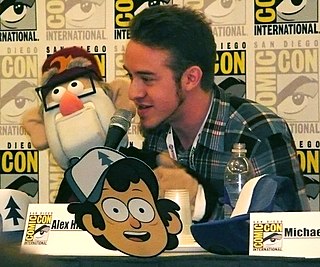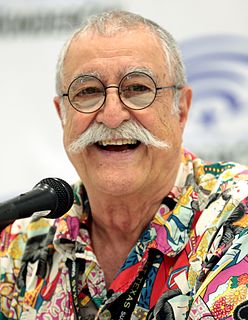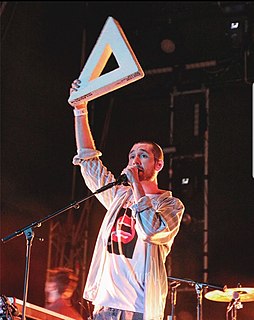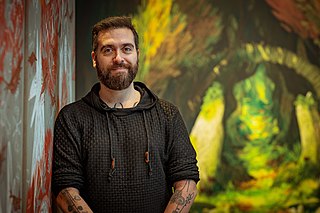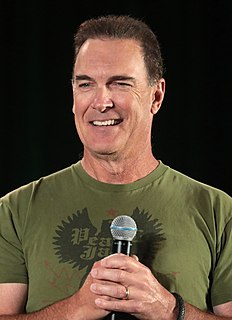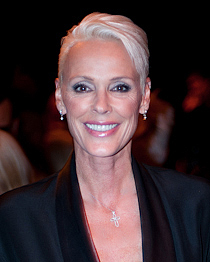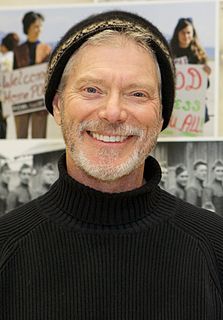A Quote by Alex Hirsch
Not a lot of people get to say, 'I'm a cartoon character.'
Related Quotes
A comic book is the opposite of a cartoon. In a cartoon, you want to simplify the idea, so when they look at it at a glance, they get it. Boom. Simple. Direct to the point. But when you're drawing Groo, now it's a narrative, a story. You want the viewer to get involved in the story. You want him to feel like he's in the town to follow your main character. So I love to add lots and lots of things in it. Things that people will enjoy going back to and say, "Oh yeah, that's how a market must have looked in this fantasy world, with people selling meat here and dishes here."
People think you get one idea for a cartoon every week, and that's not the way it works. You usually get 10 or 15, and you're - certainly when I was a cartoonist, before I was a cartoon editor, you're rushing to do what is called the batch. When I was doing that, I liked to have, in general, about 10 cartoons.
What does it say about a president's policies when he has to use a cartoon character rather than real people to justify his record? What does it say about the fiction of old liberalism to insist that good jobs and good schools and good wages will result from policies that have failed us, time and again?
